Unwelcome sexting, abusive text messages, digital public humiliation and social media harassment all fall under the umbrella of cyberbullying. The sobering realities of cyberbullying have become so prevalent that the Federal Bureau of Investigation (FBI) published a "Cyberbullying and Sexting: Law Enforcement Perceptions" bulletin advising agencies that "94 percent of school resource officers agreed that cyberbullying was a serious problem warranting a law enforcement response."
Understanding Cyberbullying: Why It Happens and How To Prevent It
In recent years, the news media coverage has exploded with tragic stories and consequences of cyberbullying. Cyberbullying is defined as bullying that occurs over electronic devices, often through texting, email or through social media websites such as Facebook. Bullies can send hurtful messages to other children, post embarrassing pictures of their peers on facebook, or send hateful email messages.
Cyberbullying takes on the same form as face to face bullying. The cyberbully will have a clear intent to harm the victim (either emotionally or by threatening them with physical harm), perceivable aggression in the messages, and a perceived or obvious imbalance of power over the victim by the cyberbully.
The abuse that children endure at the hands of cyberbullies leave many parents, teachers, and guardians wondering what causes the bullying to happen in the first place. Cyberbullies engage in harmful behaviors towards their peers for many reasons:
-
The cyberbully wants to feel powerful
10 Reasons to Monitor Your Child's Internet Activity
Some moms, dads, and grandparents I know get a little squeamish about parental monitoring. Are they invading their teen's privacy?
When it comes down to it, parental monitoring isn't about privacy, it's about safety. Here are 10 reasons for every parent to start monitoring their child's Internet activity.
The Educational Impact of Bullying and Cyberbullying
Parents, educators, and lawmakers everywhere are worried about the impact of bullying and cyberbullying on our kids. The impact on every aspect of a child's life can be far reaching. With the digital age, many kids don't just have to worry about being bullied in the schoolyard. Instead, with the technology available today, bullies can reach our kids at school, after school, and even in their own bedrooms. With smart phones, computers, tablets, and cell phones, bullies are able to reach into a child's life and affect every aspect of it. Bullying and cyberbullying are no longer a simple matter of standing up to the bully and having a face-off. It's no longer a simple matter.
iPhone Monitoring Your Teens: the Very Basics
The threats of identity theft, iCloud hacking, stalking and harassment are very real in the digital age. Thus, safeguarding your children from the perils posed by new technology has become part and parcel of modern day parenting.
The troubling aspect of this necessity is that the technologies are constantly evolving, making it imperative to stay up-to-date and knowledgeable on digital defense. Luckily, Apple is consistently making iPhone monitoring for parents much more accessible and easier to accomplish.
Enabling Restrictions
Read More »Parents Must Get Involved In Mobile and Internet Child Safety
Even though many parents understand that they should use parental controls on their home computer, many never establish a means for getting the job done. According to a McAfee survey, most parents left their kids alone while surfing the internet and over half the parents surveyed didn’t know if their kids had a social networking account, like Facebook. Another study indicated that approximately 72 percent of teens do have social networking profiles and almost half of them are public profiles viewable by anyone.
Parents must realize that Internet security is needed across multiple devices. With the advancements in technology, children have Internet access on smartphones, iPads, tablets and other mobile devices. Mobile technology can expose children to not only the good, but also all of the bad on the Internet.
Personal monitoring of mobile devices isn’t always possible since kids use them on the way to school and even while school is in session. Many school systems around the country are experimenting with pilot programs using mobile learning with the goal of replacing textbooks and other coursework with technology. Both parents and school administrators will need to make sure they use the technologies available to make these mobile devices safer and more child-friendly both at home and at school.
Turning the Tide
Read More »Digital Parenting: Do You Know What Your Children Are Doing?
Ask the average parent about what their child did on the social networking sites just last night, and they are probably going to have no idea. The problem is not that they are bad parents, but merely that technology has made the job of parenting that much harder. Digital parenting is now a full time job, but there are some measures parents can take to make the job a little easier.
Getting Into The Lives Of Your Children
It may sound like exactly the wrong tactic to use, but just getting into the online lives of your child or children is actually the first step to take to make a difference. Many parents are hesitant to do so fearing the backlash from their child.
Read More »Why It's Not Creepy To Monitor Your Teen's Locations
Location monitoring is a recent innovation, based on modern GPS technology. Parents can now use it to determine where their children are, particularly when they are in their teens. As a parent, you may be hesitant about using this impressive bit of technology on kids and teens. Perhaps you may think of it as an intrusion, or you may be afraid that they will be angry with you.
The fact is, however, that teenagers are still minors and that it is your perrogative to use whatever means you have at your disposal to monitor your teens. Teens are learning and growing during a time when they're given increasing amounts of responsibilities and it is natural for there to be some issues along the way.
Read More »Quick Facts About the Xbox Live Gaming Console
XBox Live Quick Facts:
-
The Xbox 360 is the second video game console produced by Microsoft, the first one being just the Xbox.
-
There are over 720 Xbox 360 games now and roughly 7.5 games are sold to every Xbox 360 owner.
-
The top three games played on Xbox Live are: 'Halo 3', 'Call of Duty 4' and 'Call of Duty: World at War' - all of which have a social aspect
-
As well as gaming, the Xbox 360 can also be used for watching movies, listening to music and social networking.
What is Xbox LIVE?
Xbox LIVE is the online service for Xbox 360. With a paid gold membership, people can play games and chat with other players, download games to their console, control avatars in a virtual world, search for entertainment, and watch movies and TV.
At signup, users choose a gamertag by which they'll be known on Xbox live and an avatar, a computer animated figure to be their virtual self.
How Mobile Phones Are Changing the Way Our Teens Learn
These days, it seems like everyone has a high tech, feature-rich mobile phone. No matter where you go, chances are you will see someone with their eyes on their smartphone. Some people claim that the prolific use of mobile phones shortens attention spans and decreases learning ability. Others say that having such a wealth of interactive, up-to-the-minute information at their fingertips allows teens to learn more efficiently. Though the dangers of mobile phone use by teens have been noted, it is clear that they are here to stay. So, what should you know about how mobile phones are changing the way that teens learn, for both better and worse?
Interactivity
Location Monitoring for Your Kids Safety
As parents, we have a lot of concerns with regards to keeping our children safe and healthy. There is still some controversy surrounding the location monitoring of children. The world isn’t the safe place we all wish it was, and it is your job to ensure you do what you can in order to protect your child. Location monitoring isn’t about spying on them and not trusting them; it’s about much more. It’s about making sure small bad choices don’t lead to serious consequences and having the opportunity to curve wrong behavior before it goes too far. Location monitoring is also about giving you your peace of mind, knowing your child is where they are supposed to be. Also, if something should happen, you will have a head start on knowing the last location of your child. There are too many good reasons for following through with the monitoring of your child.
Read More »Should Teachers and Students Be “Friends” Online?
A new social network-related issue that has come up in recent years is the debate about student-teacher friendships within online networks. Find out what happened in this particular instance and learn more about how student-teacher social profile friendships can affect each party. This article was originally published on Psychology Today.
Read More »Parental Controls are Vital to your Child's Safety
Parental controls are a vital part of today’s technology for parents. From smart phones to computers there is a lot of content out there which makes a lot of anxiety for parents. Compared to their tech-savvy children parents often worry they cannot keep up with their use of technology. The reality is that you do not need to be a complete computer genius to regulate your child's technology usage. Below are some tips to do this:
-
Talk to your children about what you think is acceptable. What sites you want them to stay away from and who they are allowed to text. Give them boundaries and let them know if they break those, that there will be punishment for their actions.
-
Monitor what websites they go to. Pay attention to where they go online and be sure to check their browser history.
-
Make sure your children are instructed to never give out vital information about you or other family members. This includes names, addresses and phone numbers.
Check it Out: uKnowKids Featured in Yahoo! Tech
uKnowKids was featured prominently in Yahoo! Tech and we are thrilled. Check out part one of the article below and share with friends and family!
How to Monitor Your Kids Without Turning into the NSA
Should you spy on your kids? The technology to do it is certainly cheap and plentiful. If you want to, you can install software on their computers that copies you on everything they type and everything they look at. You can turn their phones into digital bloodhounds that map everywhere they go. You can install cameras in your home and watch your kids from any Internet device.
All of that is perfectly legal. Parents are within their rights to monitor their minor children on any device they use, notes Tatiana Melnik, a data privacy and security attorney in Tampa, Fla. Practically speaking, however, it’s not as simple as it sounds, especially as your little darlings morph into surly adolescents. Do it badly, and it can backfire on you in a big way.
Whether you choose to use tech to monitor your kids is something is only you can decide. But if you do, here are a few simple rules.
5 Ways to Monitor Your Child Online Without Invading Their Privacy
Monitoring your kid's private life doesn't come easy. You need to watch out for your child without invading their privacy -- possibly limit their experience while still allowing them freedom to explore life. It's a tricky balance, and it's not the same for everybody. But, there's plenty you can do to try to make sure your child stays safe on the Internet without losing his trust. The following list shows different ways you can keep your child and the computer in a safe zone without altering the experience.
Did you know that just about every social media website out there has an age limit? For example, Facebook doesn't let people under 13 join their network. Unfortunately, they can't truly enforce this, as all they do to verify your age is ask you how old you are. Make sure that whatever social media account your child uses, they have passed the appropriate age limit designated by the site; they designate these ages for good reason.
Teens Creating Fake Facebook Profiles
This article originally ran on Sue Scheff's Blog, Navigating the Internet in Safety. We appreciate the kind words, Sue!
I was tired of reading the articles about teens exiting Facebook. I am sure the studies are done efficiently, but I still know that teens will be teens.
Recently I wrote an article for Huffington Post Parents, “Are Teens Really Leaving Facebook?”
As I said, I doubt it — it is more likely they are creating alias accounts to escape the prying eyes of adults, specifically their parents. Maybe they don’t have anything to hide, but they simply want to express themselves without having to explain themselves.
7 Practical Tips for Parenting Digital Natives
This article was originally published on the Huffington Post by Linda Esposito.
"What are your recommendations for balancing technology use with socializing face-to-face?" This question was directed to a panel of psychologists at our recent high school PTA meeting. A universal parenting dilemma in our social media landscape, if ever one existed post-1999.
You Are Invited to uKnow's New Product Mix and Mingle Event!
uKnow is having a new product launch party, and you are invited! If you are in the Washington, DC area come see for yourself how we are changing the way families connect and protect one another online and via mobile phones. Beer, wine, hors d'oeuvres and great networking opportunities will be served!
uKnow in Bisnow: Protecting Kids Just Got Easier

The thought of teens and technology makes most parents cringe. But one DC-area tech startup is making it so teens and parents can live in cyber harmony. (We're still not going to "friend" you on Facebook, grandma.)
Monitoring Tweens Online is Exhausting But Necessary
This article was orginally published in Chicago Parent by Shannan Younger. Read on to learn about how monitoring tweens online is crucial in the digital age.
When my child was an infant, the countless sleepless nights exhausted me. Keeping up with the endless motion of a toddler wore me out. And the birthday party circuit of elementary school sucked a lot of time and energy.
Now that my child is a tween, I'm finding that new challenges exhaust me. Chief among them is keeping up with all the website and social media options available to tweens and teens today.
The number of ways that they can communicate with others, who they may or may not know and who may or may not be kind, good, law-abiding citizens, is mind-boggling. A lot of these platforms can be scary. What scares me most of all, though, are the parents who don't even try to learn about them, or who try but give up too easily.
When our kids are little, parents do not turn on the television and plop them in front of it with the thought, "I have no idea what station this is on or what this show is about and it may be wildly inappropriate but, eh, whatever, they can handle it."



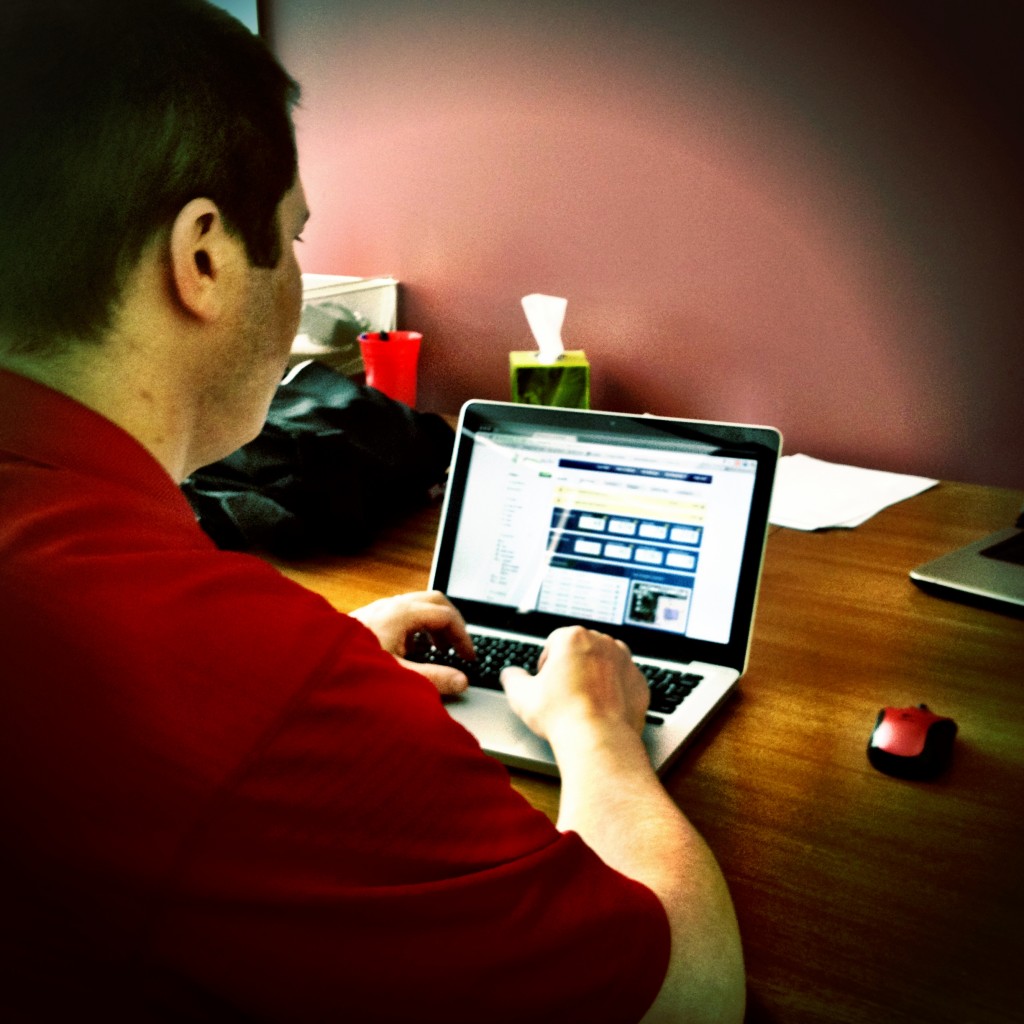




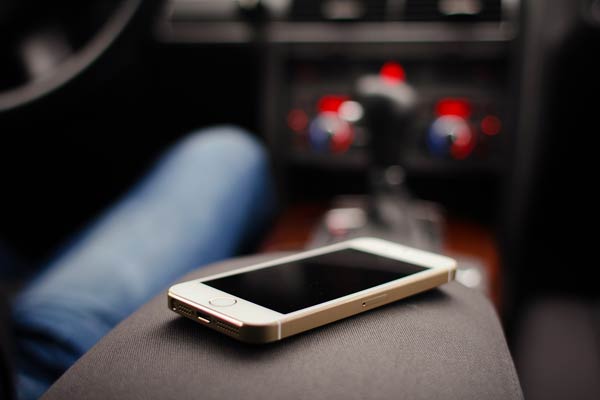




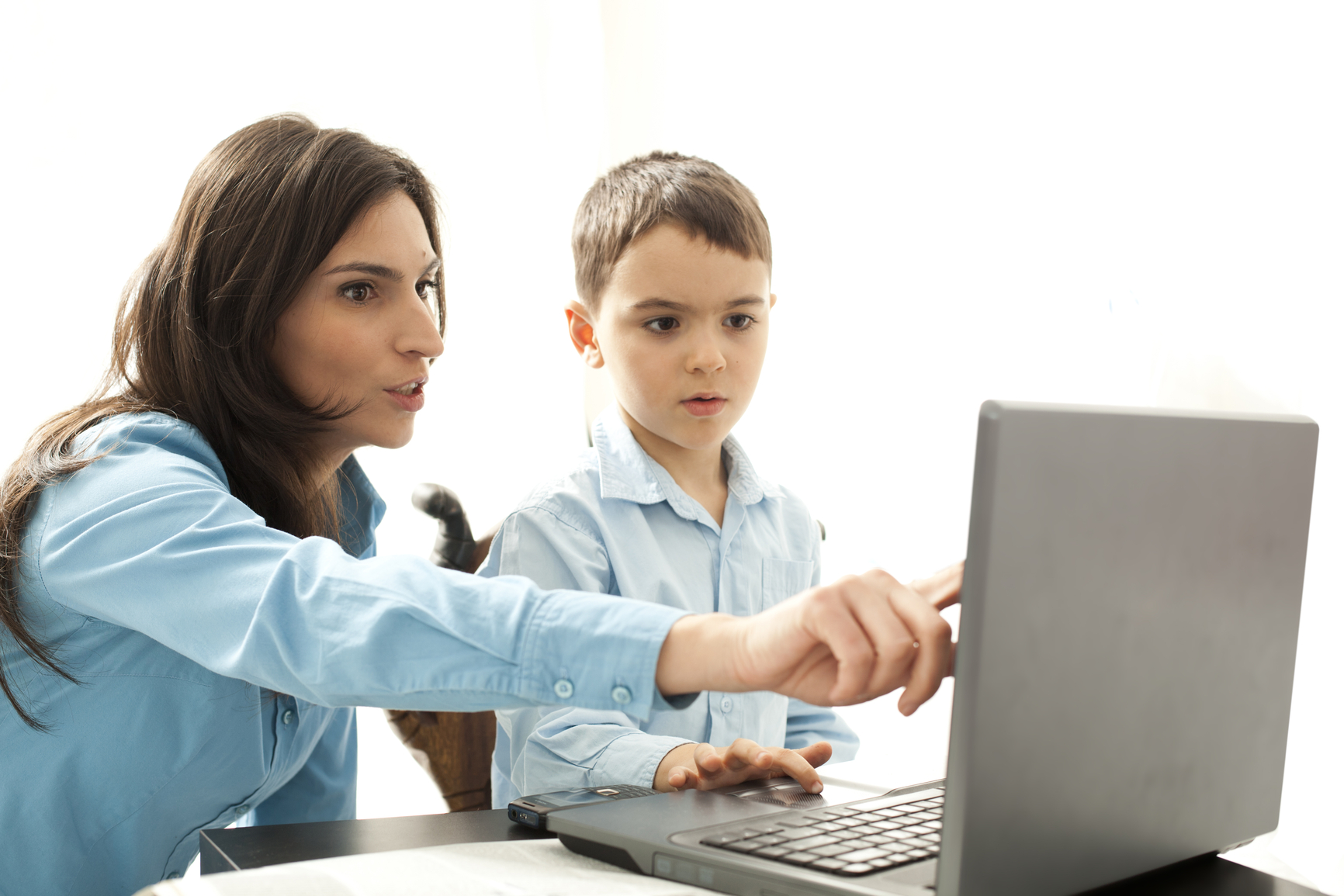




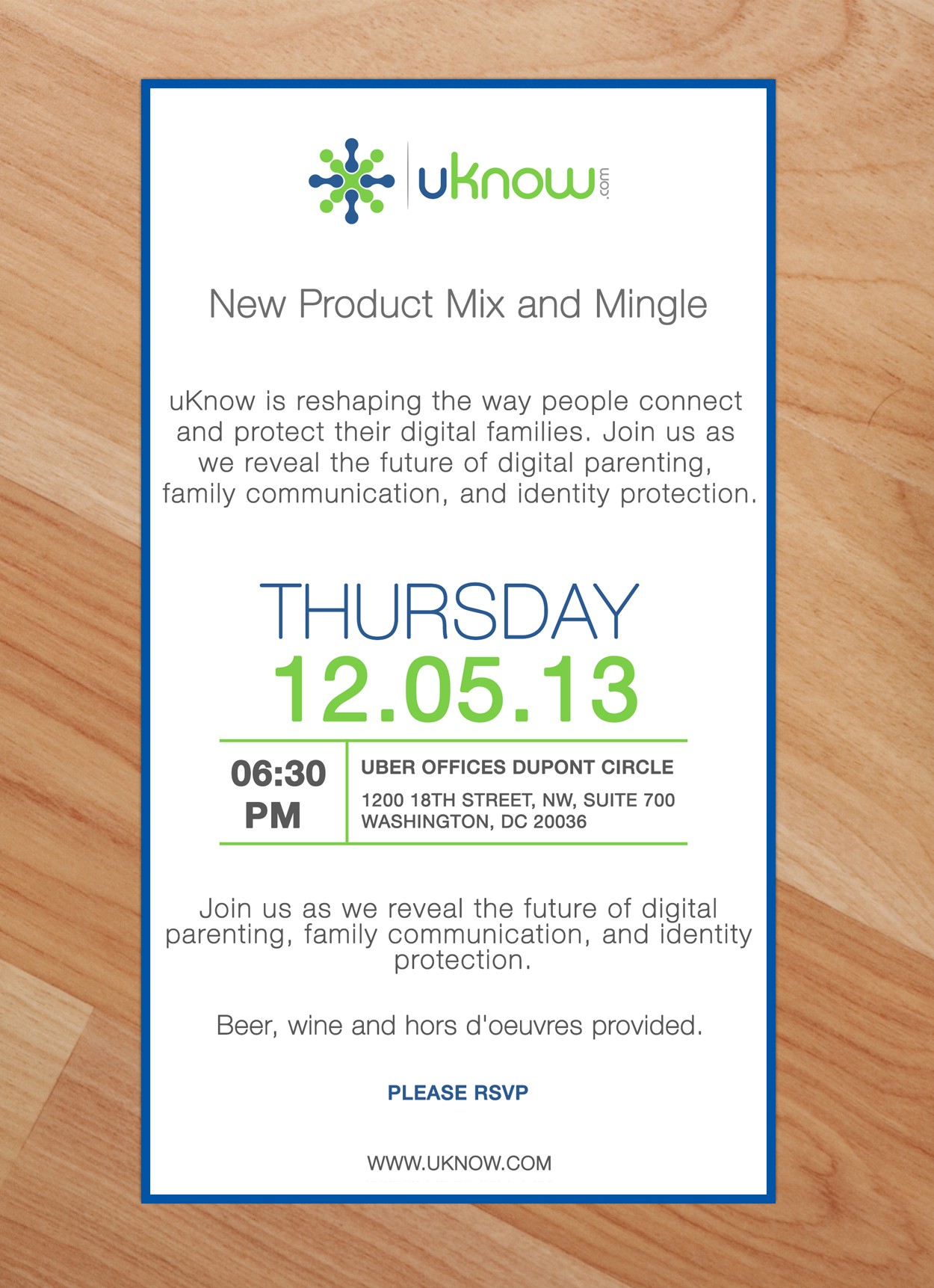
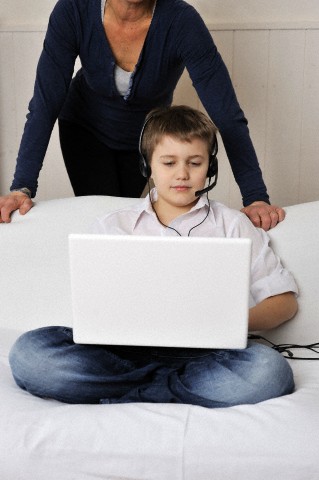.jpg)
